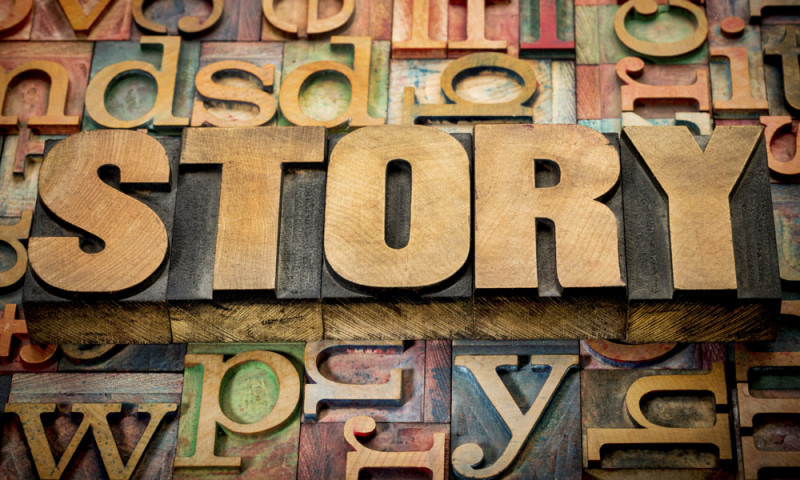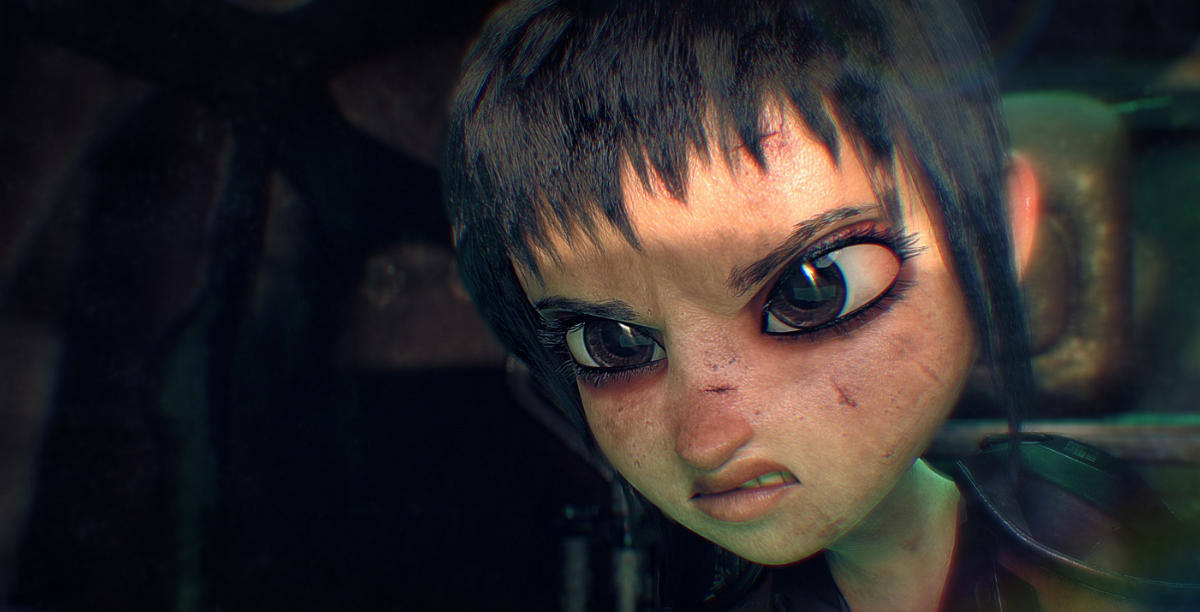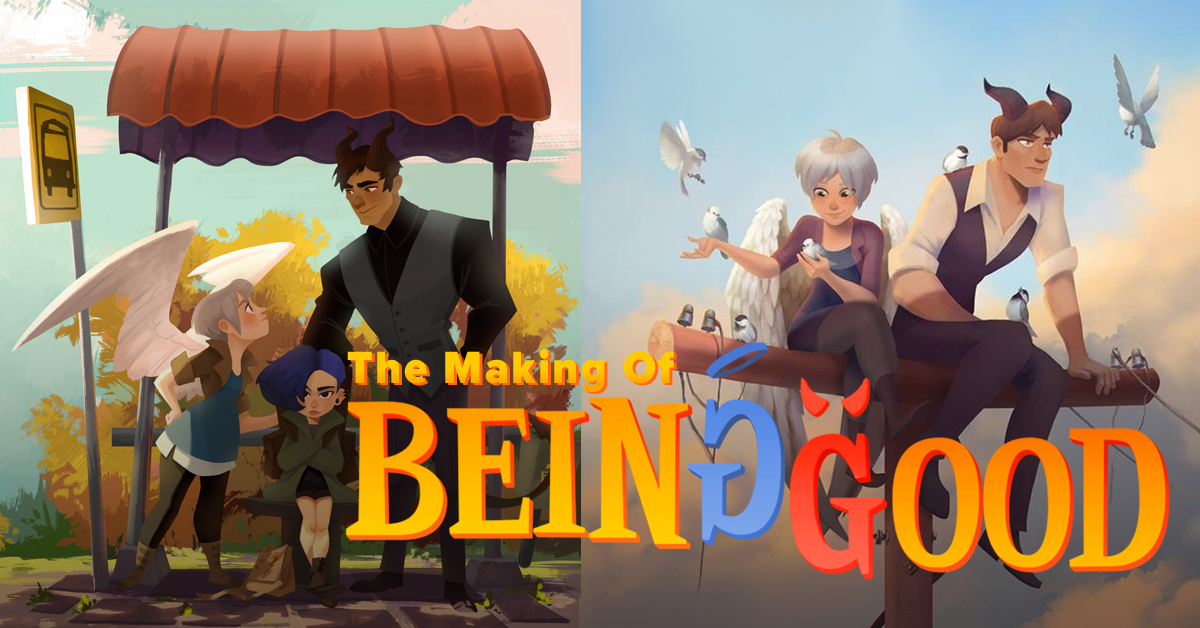Developing stories is something I’m very passionate about. Learning about story development is a lifelong adventure and one that doesn’t lack many great books, videos and workshops on the subject. However, here are 4 tips I’ve found that have helped me in the early stages of story development and also serve as a sort of story compass that keeps me on track throughout the entire process.
1. Pick your genre/s
It’s easy to get carried away in the awesomeness of what you want to create. But choosing the genre you’d like to tell your story in gives you an immediate library of other great, and not so great, resources to study and learn from.
Some genres include, action, adventure, biography, comedy, crime, documentary, drama, fantasy, film-noir, gangster, historical, horror, mockumentary, musical, mystery, romance, science fiction, thriller, war, westerns, and more…
Mixing genres can also serve as a great exercise in developing your story brain when you can’t seem to get anything flowing. Take sci-fi western, or musical horror for instance… might be crazy, but it’s fun to think about all the possibilities as knowing your genre truly helps keep your story compass on track.
2. Narrow your story down to 1 sentence
In the beginning stages of story development a great exercise is to try and distill your idea into one or two sentences that you can repeat when people ask you what your project is about. This is called your “elevator pitch.” You can read someone’s face if they, “get it,” tune out or scratch their heads immediately. Instant feedback!
You don’t have to give someone all the wonderful details in order for them to get hooked on what you are creating so try pitching your idea over-and-over until you start to feel confident in the story you want to tell. When you start to see people’s curiosity pique you know you’ve got the beginning of something worth developing further.
3. Left with the ending
I had the pleasure of attending Robert McKee’s Story Workshop many years back. One thing that always stuck with me is that you’re always left with the ending. You can have a great story, but if your ending falls flat, that is what people are left with. The assumption is that you can have a so-so story but if your ending is AMAZING then people will be left with that feeling.
I’ve seen it play out many times after watching a film or reading a book and I always make note of the ending whether it is weak or strong. If the ending is strong I tend to have the story in my head much longer and tell more people about it, too.
When developing your story, don’t just think about the guts of the film, the character arcs and all the fantastic sub-plots, be sure to think about the big picture all throughout the process and, more importantly, what you want your audience to be left with days after.
4. Go small to go big
This one is fairly simple, but often overlooked. Of course you want to make something great, but before you dive into that epic project I highly recommend doing something shorter first. You’ll learn a ton and you’ll be able to take that learning onto your next project.
I can’t stress this one enough.
Storytelling unlocks a lifelong adventure of learning and I hope these tips help you develop something great when you start on your next project!
Other great resources on story:
- Story – Robert McKee
- Save the Cat – Blake Snyder
- Save the Cat Strikes Back – Blake Snyder
- Ted Talks Storytelling – Akash Karia
Article By: Bobby Beck – Co-Founder and CEO of Artella





